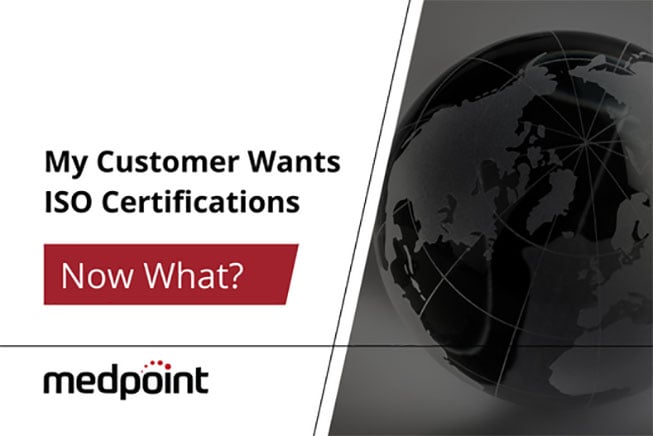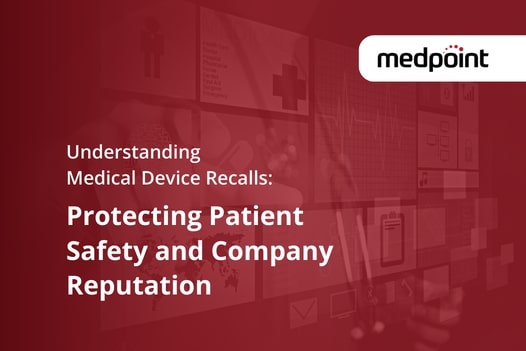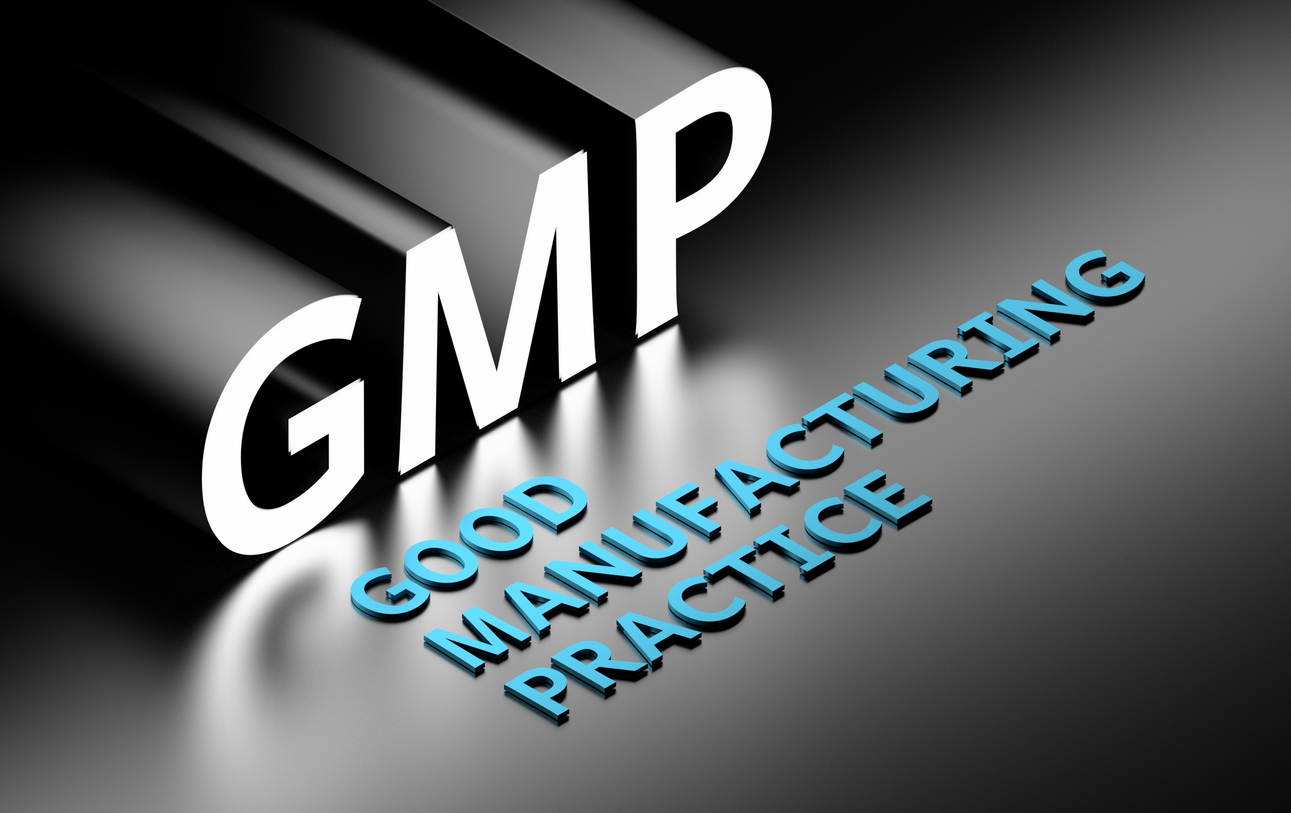Creating a quality culture within the workplace is foundational to quality compliance. The keystones...


Creating a quality culture within the workplace is foundational to quality compliance. The keystones...
%20in%20Quality%20%26%20Regulatory%20-%20Website%20Image.jpg)
The introduction of artificial intelligence (AI) in the quality and regulatory functions is not a ne...

As the global marketplace becomes more competitive and customers become more discerning, businesses ...

In the rapidly evolving realm of medical technology, a major focus must be maintained regarding pati...

When it comes to ensuring compliance and avoiding FDA warning letters, regulatory affairs consultant...

Creating an effective quality system (QS) requires a significant investment of time and resources. T...

In 2020, the most common reason for FDA's 483 observation letters was "procedures for corrective and...
.jpg)
Developing an effective regulatory strategy is more than following the step-by-step requirements out...

Quality managers everywhere will attest to the fact that effective document control is critical to t...

Many startups mistakenly believe that creating a successful QMS strategy means building complex solu...